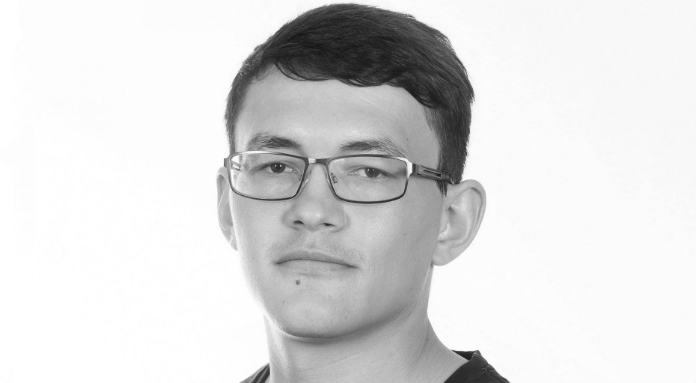Half a year later, his death is still shrouded in mystery and officials who were forced out of their positions by mass protests are returning to public office.
“It seems pretty clear that the police have no desire or intention to solve this murder. I can only conclude that they know who did it and they don’t want to or can’t make an arrest,” said Drew Sullivan, editor of OCCRP, with whom Jan was working with at the time of his death.
Kuciak was investigating whether and to what extent one of the world’s richest and most brutal Italian crime syndicates, the ‘Ndrangheta, had infiltrated into his country. He was following leads that hinted European Union tax money may have ended up in the ‘Ndrangheta’s hands through agricultural subsidies Brussels gave to Slovakia. He also found a number of troubling links between Slovak officials at various levels, especially in the ruling SMER party, and Italian families with ties to the Calabrian mafia.
His colleagues published the results of his investigations shortly after his death. Slovaks took to the streets and forced out Prime Minister Robert Fico. However, the SMER led coalition remained intact.
The investigation into his murder has produced close to nothing even six months after and Kuciak is likely to join the 90 percent of journalists whose murders never get resolved.
Slovak police have been accused of destroying evidence, carelessness in investigating the crime scene, lacking transparency, and inappropriately investigating Kuciak’s peers.
The Kuciak family lawyer, who has access to the investigation file, has said that police destroyed important pieces of evidence by mishandling the crime scene.
The police also have focused more on journalists. Pavla Holcova, an investigative reporter from OCCRP partner Czech Center for Investigative Reporting, was invited to a “friendly meeting” by Slovakia’s National Crime Agency but was quickly met with hostility.
Holcova, who gave them any information she knew about Jan, including her conversations with him, was kept in the interrogation room for eight hours and the authorities seized her phone under a warrant they had previously prepared. Police were far more interested in her activity after Jan’s murder and they threatened her with a €1,650 (US$1,900) fine if she did not oblige. The phone has since been returned.
“The ‘Ndrangheta has many financial ties to the SMER party. That usually means bribery and corruption and it is very possible that SMER is complicit in this murder somehow and that’s why six months later nothing has happened,” Sullivan said.
"Unfortunately, Jan's case is not an outlier. The failure of police and investigators to bring the killers of journalists to justice is a global problem,” Rob Mahoney of the Committee to Protect Journalists said. “Journalists should be able to work freely and safely within EU borders. That, however, has not been the case for the media in Slovakia and Malta where two investigative journalists (Jan Kuciak and Daphne Caruana Galizia) have been murdered in the past year because their reporting challenged powerful political and business interests.”
The Slovak Ministry of the Interior press office could not comment and the Prosecutor’s office, the National Criminal Agency, and the Presidium of the Police Force did not comment by publishing time.

